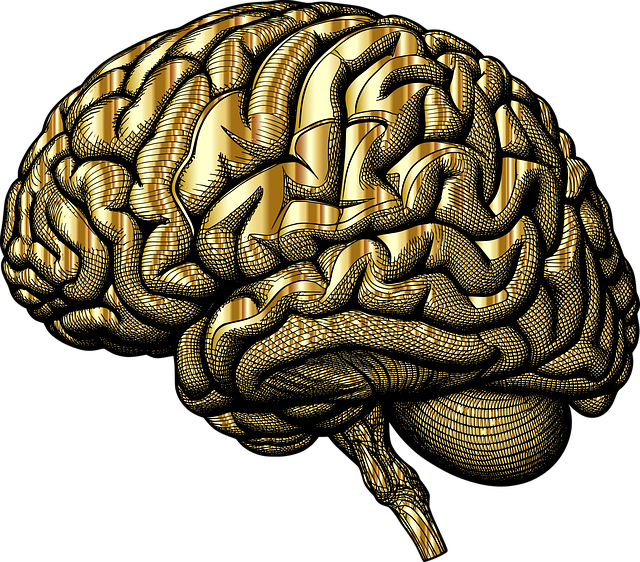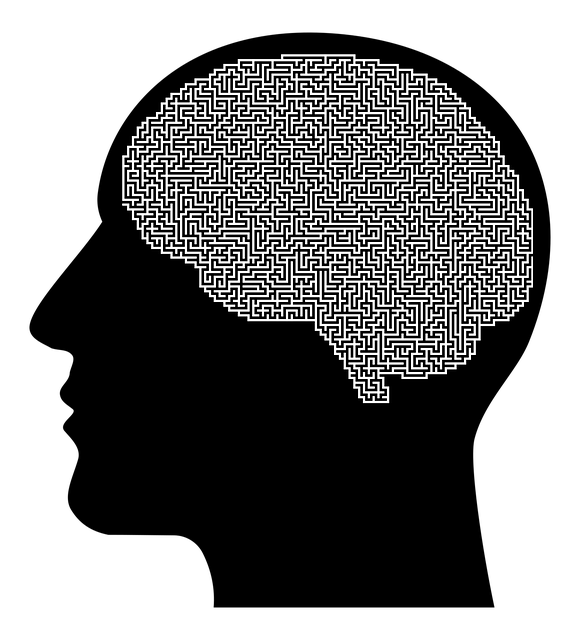Depression, a global concern, requires professional assessment and tailored strategies. Arvada Independent Medical Evaluations (IMEs) offer objective assessments, considering personal history, lifestyle, and environment to guide therapy and self-care like exercise, diet, and mindfulness. Proactive mental health care, leveraging IMEs and evidence-based practices like Mind Over Matter principles, prevents depression and promotes well-being. Customized therapy sessions, combined with accessible services and lifestyle changes, empower individuals to manage stress, enhance mood, and build resilience against depressive episodes.
Depression is a prevalent yet manageable condition that requires proactive strategies for prevention and treatment. This comprehensive guide explores various approaches to safeguard your mental health, from understanding the signs of depression to implementing effective therapeutic methods. We delve into the significance of medical evaluations in early detection and highlight lifestyle changes proven to boost mood. Additionally, we discuss building resilience as a key strategy for long-term depression management, emphasizing the role of Arvada independent medical evaluations and therapy in creating a robust mental wellness plan.
- Understanding Depression: Recognizing Signs and Symptoms
- The Role of Medical Evaluations in Preventing Depression
- Therapeutic Approaches for Proactive Mental Health Care
- Lifestyle Changes to Boost Mood and Well-being
- Building Resilience: Strategies for Long-term Depression Management
Understanding Depression: Recognizing Signs and Symptoms

Depression is a complex mental health condition that impacts millions worldwide. Recognizing its signs and symptoms is the first step towards prevention. The American Psychological Association defines depression as persistent feelings of sadness, loss of interest in activities once enjoyed, changes in appetite and sleep patterns, fatigue, difficulty concentrating, and thoughts of death or suicide. These symptoms can significantly impair daily functioning and quality of life.
Arvada Independent Medical Evaluations (IMEs) play a crucial role in identifying depression. IMEs provide an objective assessment, helping individuals understand their mental health status. Through therapy and self-care practices, such as regular exercise, healthy eating, and mindfulness techniques, people can manage symptoms effectively. Additionally, trauma support services are vital for those with a history of traumatic events, which can increase the risk of depression. Risk management planning for mental health professionals is also essential to ensure they have the tools to detect and address depressive episodes in their clients.
The Role of Medical Evaluations in Preventing Depression

Depression is a complex condition that often requires professional intervention for effective prevention and treatment. Medical evaluations play a pivotal role in identifying individuals at risk and developing tailored strategies to combat depression. These comprehensive assessments, often conducted by mental health professionals or specialized clinics like those offering Arvada Independent Medical Evaluations, go beyond surface-level symptoms. They delve into personal history, family medical background, lifestyle factors, and environmental influences that could contribute to depressive episodes.
By integrating the results of these evaluations with evidence-based practices, such as therapy sessions, stress reduction methods, and trauma support services (including Community Outreach Program implementations), a holistic approach to depression prevention emerges. This collaborative effort not only addresses current symptoms but also equips individuals with coping mechanisms to manage future challenges, fostering resilience against depressive disorders.
Therapeutic Approaches for Proactive Mental Health Care

Proactive mental health care is a crucial aspect of preventing depression and promoting overall well-being. One effective approach involves seeking professional help through therapeutic methods tailored to individual needs. Arvada Independent Medical Evaluations offer comprehensive therapy sessions, enabling individuals to explore underlying causes of distress and develop personalized coping strategies. These evaluations provide an opportunity for self-reflection and growth by facilitating open conversations with trained professionals who employ evidence-based practices.
Incorporating mind over matter principles and fostering inner strength development are essential burnout prevention strategies for healthcare providers as well. By prioritizing mental health, individuals can better manage stress, enhance resilience, and maintain a positive outlook. Through regular therapy sessions, one can cultivate healthier thinking patterns, improve emotional regulation, and build the necessary tools to navigate life’s challenges—all of which contribute to a robust defense against depression.
Lifestyle Changes to Boost Mood and Well-being

Depression prevention starts with acknowledging the power of lifestyle changes to boost mood and well-being. Regular physical activity, a balanced diet, and adequate sleep are cornerstone strategies backed by research. Exercise, in particular, releases endorphins that can alleviate symptoms of depression. In Arvada, access to independent medical evaluations and therapy services is readily available, making it easier for individuals to identify root causes and develop personalized coping skills.
Incorporating mindfulness practices, such as meditation and deep breathing exercises, can help manage stress and promote mental resilience. The Mind Over Matter principles, supported by trauma support services in Arvada, teach individuals how to reframe negative thoughts and cultivate a more positive outlook. These coping skills development strategies not only prevent depression but also enhance overall quality of life.
Building Resilience: Strategies for Long-term Depression Management

Building resilience is a key strategy for long-term depression management, offering individuals tools to navigate and overcome challenging situations. It involves cultivating mental fortitude and adaptive coping mechanisms that enable better stress management. Through Arvada Independent Medical Evaluations, individuals can receive personalized therapy recommendations tailored to their unique needs. This process often incorporates evidence-based practices such as self-care routines, compassion cultivation techniques, and emotional intelligence development.
Self-care practices play a pivotal role in building resilience by promoting physical and mental well-being. Regular exercise, mindfulness meditation, and maintaining a balanced diet are simple yet powerful tools that can significantly impact mood regulation. Compassion cultivation practices encourage individuals to foster kindness and understanding towards themselves and others, reducing symptoms of depression and fostering a sense of connection. Emotional intelligence, the ability to recognize and manage one’s emotions, enhances coping strategies and improves overall mental health. By integrating these practices into daily life, individuals can build a robust foundation for managing depression effectively over time.
Preventing depression involves a multi-faceted approach, from recognizing signs early on to adopting proactive mental health care strategies. Regular medical evaluations play a crucial role, especially in identifying underlying conditions that may contribute to depressive episodes. Therapeutic approaches, such as cognitive behavioral therapy (CBT) and interpersonal psychotherapy (IPT), offer effective tools for managing symptoms. Lifestyle changes, including regular exercise, mindfulness practices, and a balanced diet, can significantly boost mood and overall well-being. Building resilience through these strategies ensures better management of depression in the long term. For those in Arvada, seeking professional help from qualified therapists and utilizing independent medical evaluations can be pivotal steps towards a brighter, healthier mental state.














